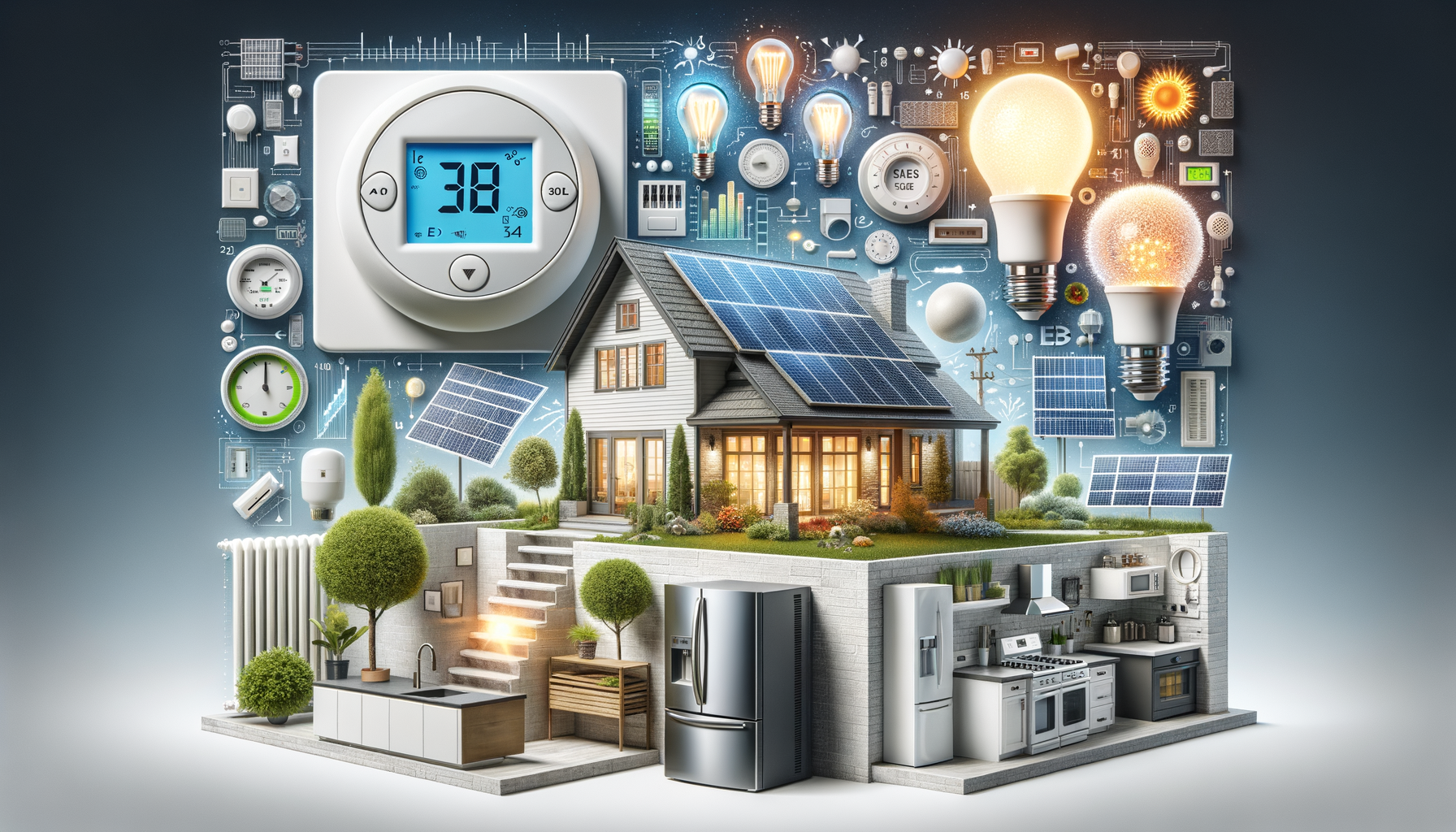
5 Smart Ways to Lower Your Energy Bills Without Sacrificing Comfort
Introduction to Energy Efficiency
Electricity is a fundamental part of modern living, powering everything from our homes to our workplaces. However, with the increasing cost of energy, finding ways to reduce electricity bills without compromising comfort is becoming more important for many households. Energy efficiency not only helps in saving money but also contributes to environmental conservation by reducing carbon footprints. In this article, we will explore practical strategies to lower energy consumption while maintaining a comfortable living environment.
Optimizing Home Appliances
Home appliances are major contributors to electricity consumption. By optimizing their use, significant savings can be achieved. Here are some strategies:
- Use energy-efficient appliances: Look for devices with energy-saving features that consume less power.
- Regular maintenance: Ensure appliances are in good working condition to prevent energy wastage.
- Smart usage: Turn off appliances when not in use and avoid standby modes.
Implementing these measures can lead to a noticeable reduction in energy bills. For instance, upgrading to LED lighting can save up to 75% of energy compared to traditional incandescent bulbs.
Incorporating Smart Technology
Smart technology offers innovative solutions for energy management. Devices such as smart thermostats, smart plugs, and energy monitoring systems can optimize energy usage efficiently. These technologies allow for real-time monitoring and control of energy consumption, enabling users to make informed decisions. For example, a smart thermostat can learn your schedule and adjust heating or cooling accordingly, ensuring energy is not wasted when no one is home.
Moreover, integrating smart home systems can lead to a more connected and efficient living space, where energy usage is optimized across all devices. This not only brings convenience but also substantial savings on energy bills.
Enhancing Home Insulation
Proper insulation is key to maintaining a comfortable indoor temperature without excessive reliance on heating or cooling systems. By enhancing home insulation, you can prevent heat loss in winter and keep the heat out during summer. Here are some tips:
- Seal windows and doors: Use weather stripping and caulking to close gaps that allow air leakage.
- Insulate walls and attics: Proper insulation materials can significantly reduce energy loss.
- Use thermal curtains: These can help maintain indoor temperatures by blocking heat exchange through windows.
Investing in good insulation can lead to long-term savings and a more comfortable home environment, reducing the need to overuse heating or cooling systems.
Conclusion: Achieving Sustainable Savings
By adopting these smart strategies, you can effectively reduce your energy bills while maintaining comfort in your home. Through optimizing appliances, incorporating smart technology, and enhancing insulation, not only do you save on costs, but you also contribute to a more sustainable future. Implement these changes gradually, and you will notice a positive impact on both your finances and the environment.